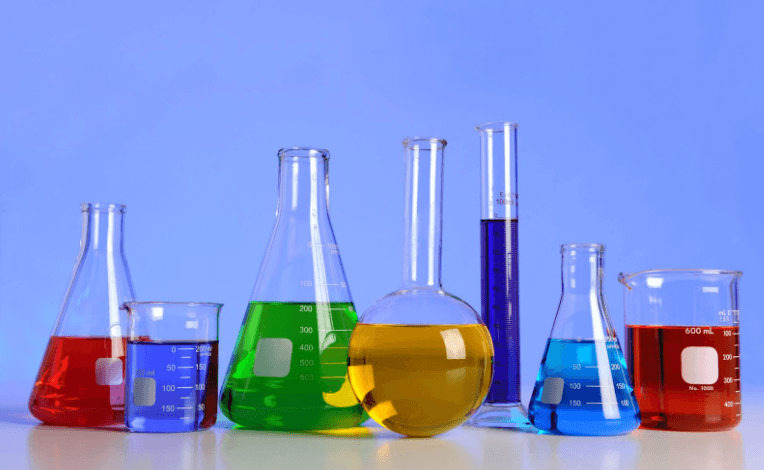Enhancing Laboratory Precision: The Crucial Role of High-Quality Chemical Beakers

Laboratories serve as the crucible of innovation, where ideas are tested, hypotheses are proven, and discoveries are made. At the heart of these endeavors lie chemical beakers, the unsung heroes facilitating the manipulation and measurement of substances with utmost precision. As the backbone of experimentation, the quality of these vessels directly influences the accuracy and reproducibility of results.
The Role of High-Quality Chemical Beakers:
1. Precision in Measurement:
- Reliable Volume Graduations: High-quality chemical beakers boast precise volume graduations, enabling scientists to accurately measure and dispense liquids. This ensures meticulous control over experimental variables, minimizing errors and enhancing reproducibility.
- Minimal Contamination: Inferior beakers may leach chemicals or harbor residues, contaminating solutions and skewing results. Opting for high-quality, inert materials such as borosilicate glass or certain plastics mitigates this risk, preserving the integrity of experiments.
2. Chemical Compatibility:
- Resistance to Corrosion: Chemical reactions are the essence of many experiments, making it imperative for beakers to withstand a myriad of substances without succumbing to corrosion. High-quality beakers are crafted from materials resistant to chemical degradation, ensuring longevity and reliability.
- Versatility in Application: From acidic solutions to volatile reagents, laboratories encounter a spectrum of chemicals. Investing in premium-grade chemical beakers equips scientists with versatile vessels capable of accommodating diverse substances without compromising safety or accuracy.
3. Temperature Stability:
- Thermal Shock Resistance: Fluctuations in temperature can compromise the structural integrity of beakers, leading to breakage or distortion. Superior-quality beakers are engineered to withstand thermal shock, maintaining their form and functionality even under extreme conditions.
- Facilitation of Thermal Processes: Certain experiments necessitate heating or cooling of solutions within beakers. High-quality vessels exhibit excellent thermal conductivity, facilitating efficient heat transfer and ensuring uniformity in temperature distribution.
Read also: mypaycheckdirect afscme
FAQs:
Q1: What materials are commonly used in the production of high-quality chemical beakers?
- A1: Borosilicate glass and certain types of plastics such as polypropylene are renowned for their chemical inertness and durability, making them popular choices for premium-grade beakers.
Q2: How can I ensure the longevity of chemical beakers?
- A2: Proper handling and maintenance are paramount. Avoid subjecting beakers to sudden temperature changes, corrosive chemicals, or mechanical stress. Regular inspection for signs of wear or damage is also advisable.
Q3: Are there any safety considerations associated with chemical beakers?
- A3: Absolutely. Always adhere to recommended safety protocols when handling chemicals and laboratory equipment. Additionally, ensure that the chosen beakers are compatible with the specific chemicals and conditions of your experiments to mitigate potential hazards.
Conclusion:
In the intricate tapestry of laboratory science, every component plays a pivotal role in the pursuit of knowledge and innovation. As an essential tool in the scientist’s arsenal, high-quality chemical beakers epitomize precision, reliability, and safety. By investing in superior-grade vessels, laboratories uphold the highest standards of experimentation, advancing scientific inquiry and discovery. At certifiedmtp.com, we recognize the indispensable role of quality laboratory equipment in driving progress and innovation. Explore our range of materials testing and lab supply equipment to elevate your scientific pursuits to new heights.





